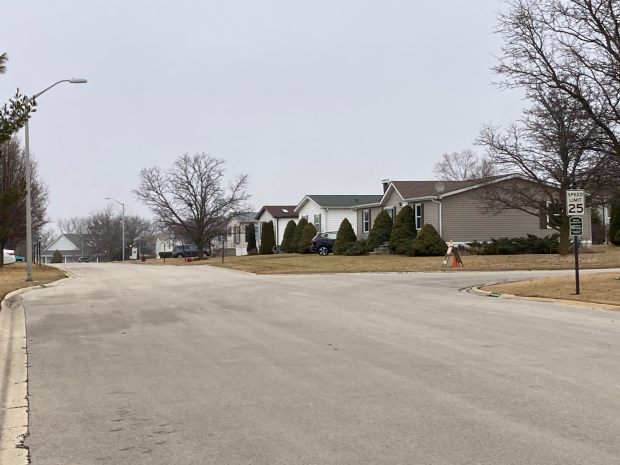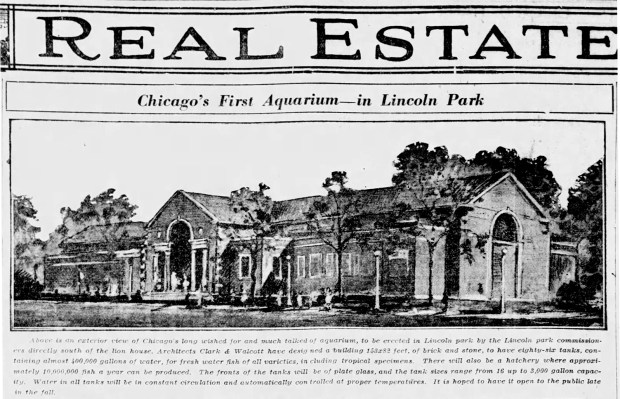Developers of a proposed manufactured homes project near Frankfort say they’re being stonewalled by the village in their efforts to secure connections to the village’s water and sanitary sewer systems.
Frankfort Mayor Keith Ogle said concerns about the village’s sanitary sewer system’s ability to handle the flow from the proposed development are an issue.
He said the village hired a firm to study Frankfort’s sanitary and stormwater systems to develop short-term and longer-term capital improvement plans.
Regarding the proposed development, Ogle said that “my duty is not to do something for a project outside of Frankfort especially if there are concerns” about sanitary sewage.
LFI Real Estate is proposing the Gardens of Frankfort project on 64 acres east of La Grange Road and south of Steger Road, outside of Frankfort but within the village’s planning area.
It would be to the south of the Gateway, a 442-unit manufactured home community on the east side of La Grange north of Steger Road that LFI was involved in developing.
Gateway is in unincorporated Frankfort Township and receives sanitary sewer service from the village. Ogle said the development does not receive muncipal water, but LFI said Gateway does get its water from Frankfort.
Gardens of Frankfort would be 160 units in Green Garden Township.
Mike Rose, LFI’s principal partner, and his son, Dan, said units would be 1,500 to 1,600 square feet, and could be customized to fit the needs of buyers, such as making them handicap accessible.
LFI Real Estate is a Mokena company that developed primarily commercial projects in the south suburbs. It was founded by Mike Rose in 1973.
“The development will provide decent, clean, neat affordable housing” for people 55 and older “who can’t afford the high-end housing” generally being built in Frankfort, Michael Martin, an attorney for LFI, said of the Gardens project at the Jan. 13 Frankfort Village Board meeting.
LFI initially sought approval from Frankfort in early 2021 to connect the Gardens project to Frankfort’s municipal sewer and water systems.
Ogle said village staff raised concerns then about the village’s Jackson Creek lift station and its ability to handle sanitary flow from the project.
The mayor said there has been evidence of groundwater making its way into sanitary sewer lines, which can lead to surcharging, or excess capacity, in the sanitary lines.
He said the village spent more than $1 million in studies and making infrastructure improvements for the Jackson Creek sanitary basin, which handles sanitary sewage flow for southern portions of Frankfort.
“There are infiltration problems we are trying to address,” Ogle said. “We have seen some overloading, groundwater infiltration, in the Jackson Creek basin.”
The Village Board voted Nov. 18 to hire the engineering firm Baxter & Woodman at a cost of $120,000 to study the village’s wastewater treatment system, with the study expected to be finished by September.
Gary Wiss, a civil engineer working with LFI, said the village’s sanitary sewer system “has some serious deficiencies” and infiltration of water from storm sewers into the sanitary system is also a problem.
“There are a lot of issues that need to be addressed, and that needs to happen now,” he said.
Ogle said village trustees don’t want to allow a connection to Frankfort’s systems “knowing that there are issues that would ultimately harm residents of Frankfort.”
“We’re trying to be responsible and make sure we’ve got the capacity and not overflow the system,” Ogle said.
The Gardens development goes back to the 1990s, when the Gateway developers petitioned Will County for rezoning and a special use permit to allow the mobile home park.
At the time it was seen as an extension to the south of the Gateway development, but Frankfort objected to the rezoning and the county denied rezoning and a special use permit.
The developer sued in Will County Court in 1998, with Judge Herman Haase ruling in November 2003 that the county should allow the rezoning for the development along with the special use.
In his ruling, Haase said he found that “there is a definite need for low to moderate cost housing of a high caliber for people over 55,” and said the development would be for those buyers living independently and not in assisted living facilities. The judge said amenities would be on par, such as a clubhouse, with other higher-end developments in Will County but at a lower buy-in cost.
Haase in his ruling said that the development would need to connect to a municipal water and sewer system.





